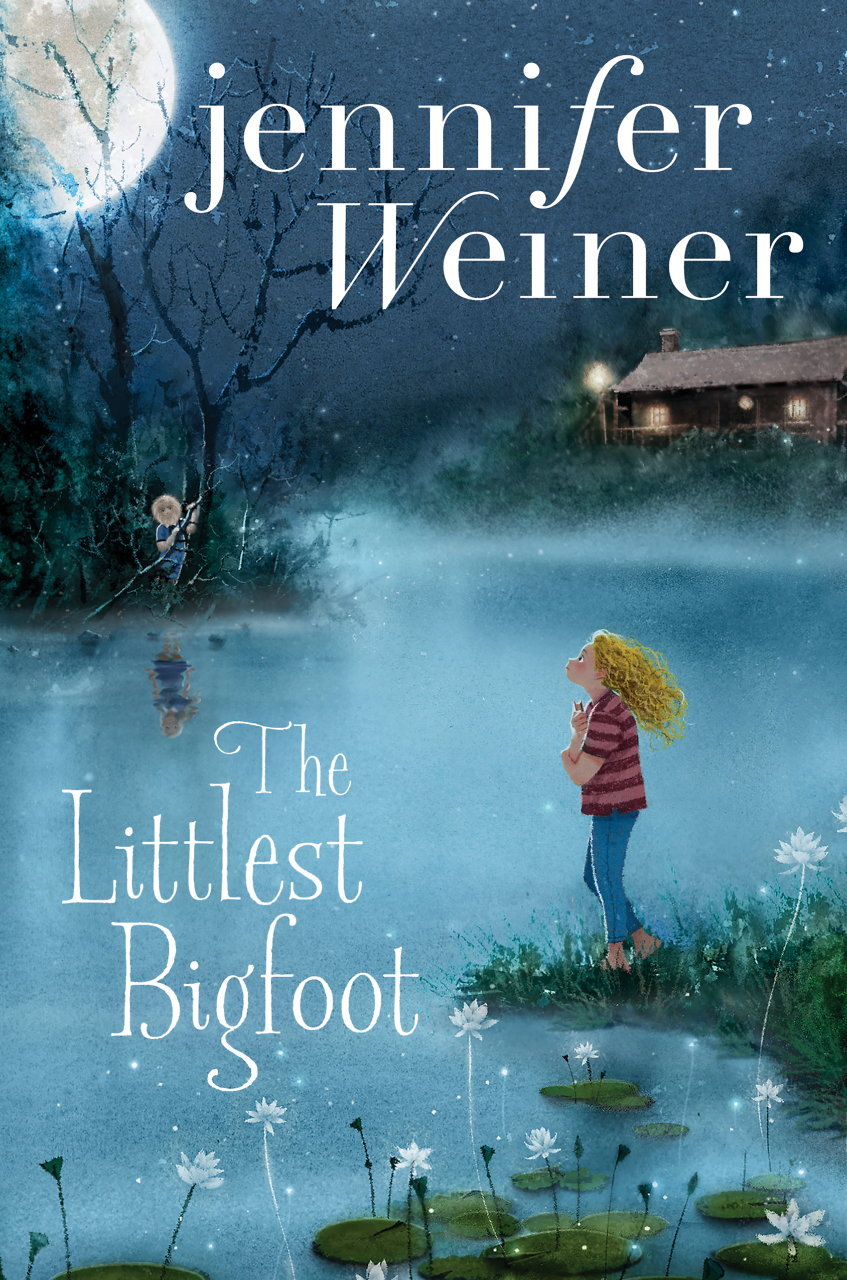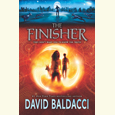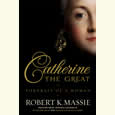The Body as Storyteller
Chanelle Benz talks with Chapter 16 about her debut story collection, The Man Who Shot Out My Eye Is Dead
The birdcage on the cover of Chanelle Benz’s debut story collection, The Man Who Shot Out My Eye Is Dead, isn’t mere decoration. Many of the characters in these stories are dealing with confinement, physical or social: Benz’s protagonists include an anchorite in an abbey in sixteenth-century England, an enslaved poet in the Antebellum South, and a young woman held captive by her extended family in the Old West.

What links these characters, according to Benz, is a longing for a time when the characters were still good. Benz stopped by WYPL Radio in early 2017 to talk about her collection; later in the year, she accepted a position at Rhodes College in Memphis as an assistant professor of English. She’s currently working on a novel set in the Mississippi Delta shortly after the civil-rights era.
Chapter 16: What attracts you to historical fiction?
Chanelle Benz: Part of it was that when I was a kid, I loved any kind of historical drama. I loved being transported to different worlds, historical or fantastical. I don’t know if it was conscious, but pretty early on I realized that as a young brown girl, I wasn’t present in a lot of these stories. I had to find a way to kind of insert myself into history. And so some of these characters are maybe an attempt at that, and some are just sort of outsiders or people whose stories have not been told.
Chapter 16: Most of the stories have first-person narrators. Why did you choose that approach?
Benz: It might have a little to do with my acting background, just in the way that I’m building a character. It’s sometimes easier for me initially to go to that first-person, to the “I”—it’s immediate. And because I can kind of speak out the cadence.
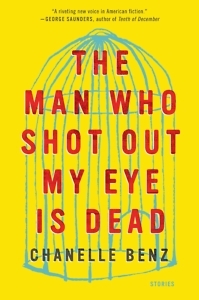 Chapter 16: Did you study writing and acting at the same time?
Chapter 16: Did you study writing and acting at the same time?
Benz: I did acting first. I was always writing, but I studied theater mainly for my undergrad. It wasn’t until much later that I decided to formally study writing and be serious about it.
Chapter 16: Did creating backstories for your acting roles help get inside the heads of your characters when writing non-dialogue prose?
Benz: Absolutely. I went to a program that was sort of hippie, but it was also sort of like an actor’s boot camp. They tried to break you down and make you aware of the way that you move through space, the way that you speak (where that pitch is and how you breathe), the way you walk, what part of your body do you lead from (is it your nose or chest), and all of your other habits. They sort of tried to strip you of them so that you can build a character. So when you were building, you thought of all these things that make people the way they are. They really focused on what it means to communicate as a storyteller, what it means to be a vehicle for story. That definitely came into my writing.
Chapter 16: Did you study classical theater? The last story in the collection, “That We May All Be One Sheepfolde,” was set just before Shakespeare’s time.
Benz: We did study a lot of Shakespeare. Boston University, where I went for undergrad, has a sister school, The London Academy of Music and Dramatic Art, so we spent a semester there. It was pretty grueling. We had sixteen classes per week. We did everything: clown, flamenco, Shakespeare, period dance. That was like stylized walking, really.
As an actor when you’re learning the verse, the iambic pentameter, the rhythm helps you to memorize. But you also spend time going through the consonants and vowels of the sentence. The vowels are where the emotion is, and the consonants are the meaning. That language becomes very physical. I think that that’s something that I’m trying to do in my own writing, as well. To have language be this muscular, physical thing, so that the readers are feeling themselves into this world.
[This interview originally appeared on February 22, 2018.]
To download the full podcast interview, click here.
To listen online, click the play button below:
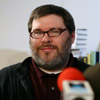
Stephen Usery is the producer of Book Talk, an author-interview program that airs weekdays on WYPL FM 89.3, a service of the Memphis Public Library and Information Center. He lives in Memphis.

